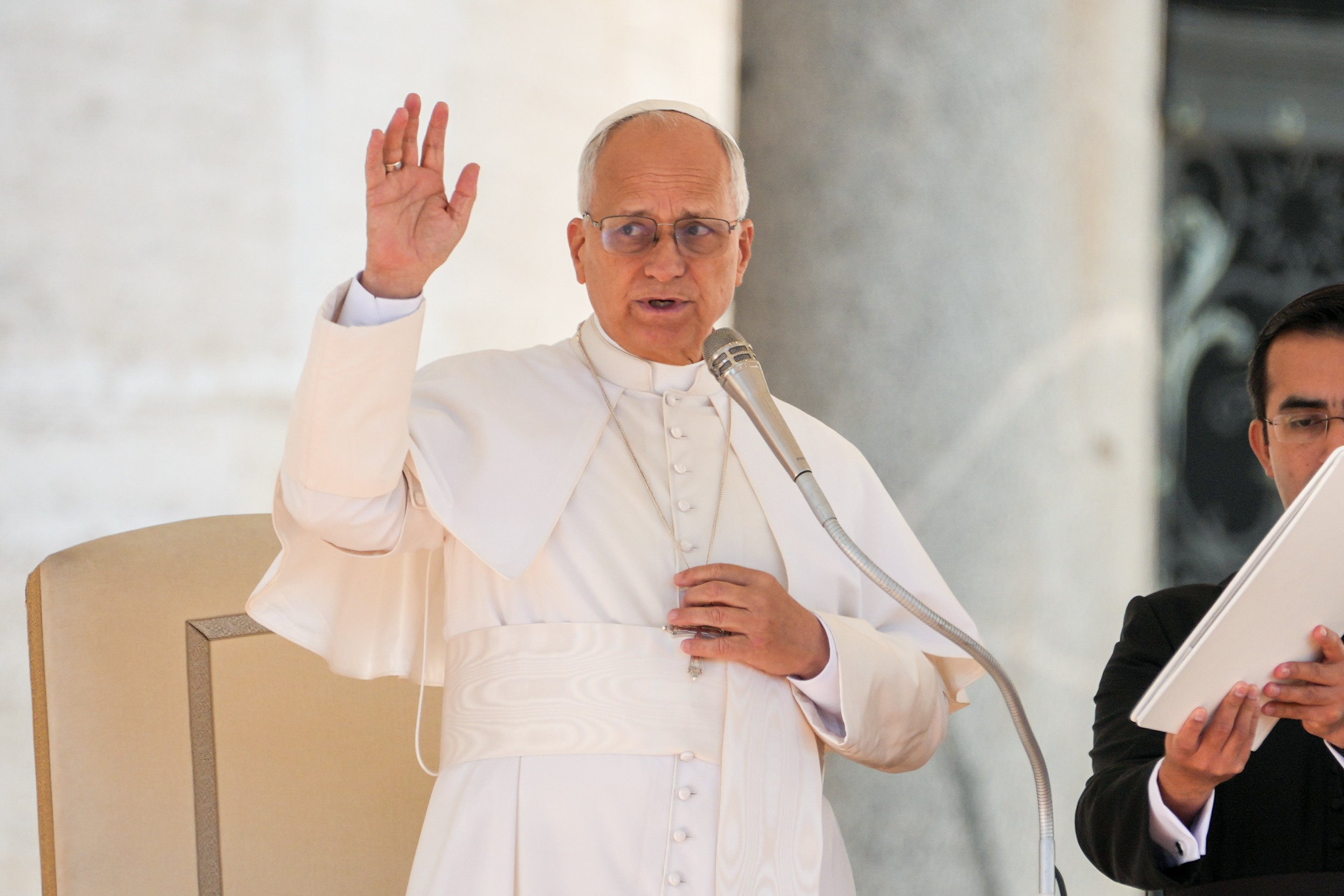April 6, 2018 at 1:53 p.m.
WORD OF FAITH
Becoming new people
'He said to them, "Why are you frightened, and why do doubts arise in your hearts? Look at my hands and my feet....It is I myself."' - Luke 24:38-39
Perhaps the first verse in Sunday's Gospel (Luke 24:35-48) is the most important verse in all three readings: "The two disciples recounted what had taken place on the way, and how Jesus was made known to them in the breaking of bread."
We spend a lot of effort and time making certain we recognize Jesus in the bread. I don't know that we worry much about recognizing Jesus in the breaking of the bread.
I learned to "say Mass" during a unique period in Church history: fall of 1964. The Vatican II liturgical reforms were to take effect in the U.S. on the first Sunday of Advent, two weeks before my ordination; but they weren't to be implemented in Italy (where I was living) until the first Sunday of Lent. It was a confusing time.
It's your job
The priest preparing us to preside at Eucharists, Rev. P. Francis Murphy, cut through the confusion. "Your job as presiders," the future auxiliary bishop of Baltimore said, "is to help create a community out of all those participating in the Eucharist."
We weren't just to get all the words right or make certain they were accompanied by the correct gestures. Our role was to help form the Body of Christ in such a way that all those present could recognize that body in this specific community.
Like the two disciples in the inn at Emmaus, we were all expected to recognize the risen Jesus in the "breaking of the bread," not just in the bread itself.
It doesn't take a lot of dying to self for most people to recognize Jesus in the bread and wine. It's a matter of admitting there's something more here than just bread and wine. But it always takes a death to recognize that same Jesus in those around us.
In I Corinthians 11, Paul goes into detail about the problems some eucharistic communities have in recognizing that body. In Luke, the risen Jesus first shows His startled followers His hands and feet - outward signs that death is an integral part of new life.
It's no accident that Sunday's first two readings (Acts 3:13-15,17-19; I John 2:1-5a) revolve around conversion and forgiveness:
* Peter assures the crowd in the Acts passage that if they "repent and be converted, [their] sins will be wiped away."
* The author of I John tells his readers that, if they sin, Jesus "is expiation for [those] sins and for those of the whole world."
Forgive us
How did the earliest followers of Jesus go about getting their sins forgiven? Long before formal confession, Christians believed most sins could be forgiven simply by participating in the Eucharist. Those who died enough to recognize the Body of Christ in themselves and in the community became new creations because of that death.
Such dying is part of the repentance both Jesus (in the Gospels) and Peter (in Acts) encourage people to experience: a change of one's value system, a new way of looking at people and situations.
Because they've died to themselves, they're no longer the people who committed those sins. That person died in becoming and recognizing the Body of Christ in the Lord's Supper.
That's quite a task (and honor) for eucharistic presiders! It was a lot easier when all we had to do was say the right words and make the correct gestures.[[In-content Ad]]
SOCIAL MEDIA
OSV NEWS
- Pope offers prayers for the Philippines and for peacemakers
- Dig deep and work patiently to keep church on solid foundation, pope says
- Portland archbishop on ICE: Human dignity comes from God, not government
- Christian hope shows the earth can resemble heaven, pope says
- Washington Roundup: Election shifts; Venezuela vote; transgender passports, and more
- Novel highlights power of art and music as a salve to troubled humanity
- Supreme Court sides with Trump administration to temporarily block full funding for SNAP
- Former diocesan fundraising director indicted on wire fraud for alleged 6-figure theft
- Love is key to church’s mental health ministry, says bishop who lost family to suicide
- Caring for creation is part of peacemaking, pope tells COP30







Comments:
You must login to comment.